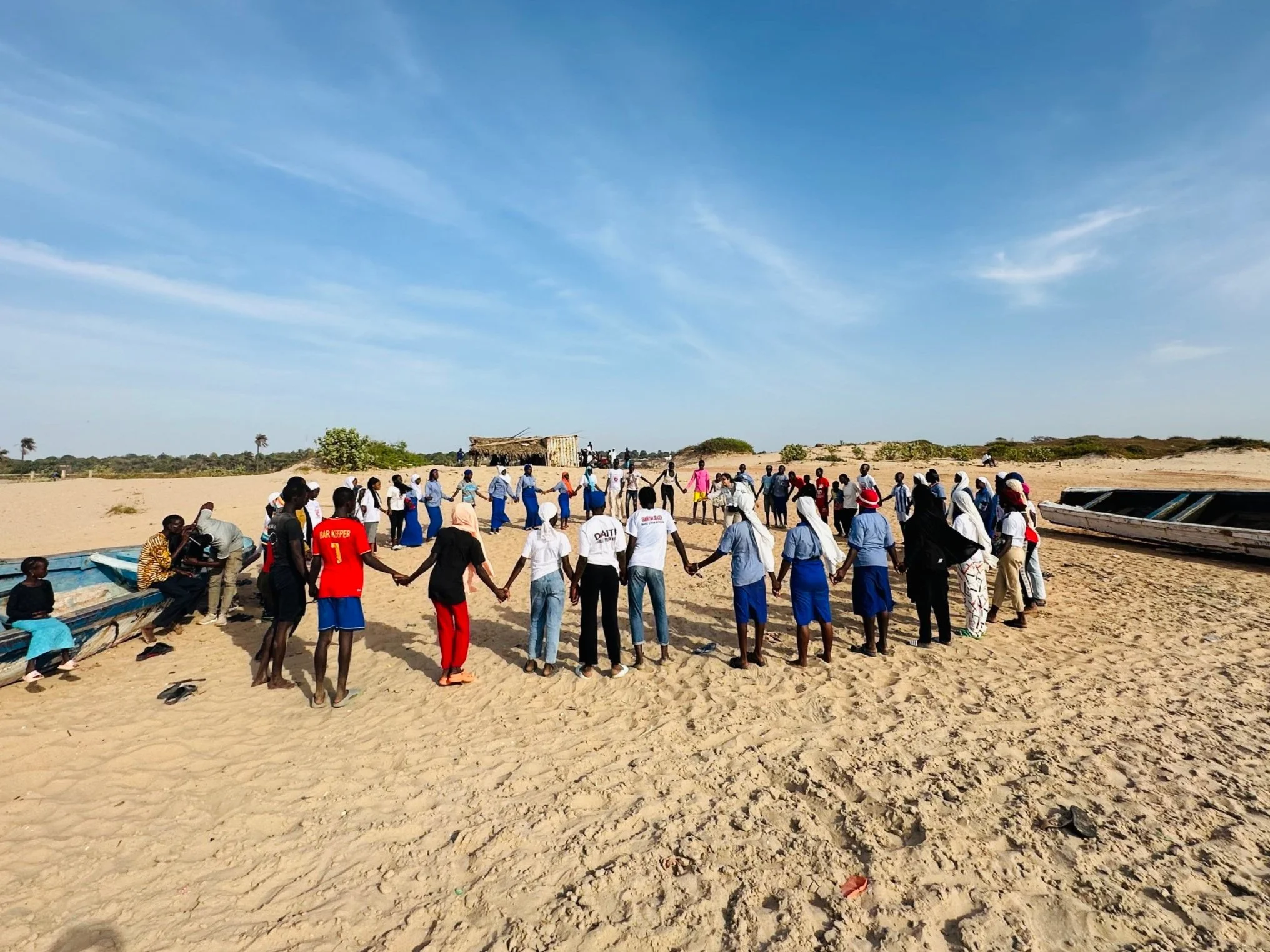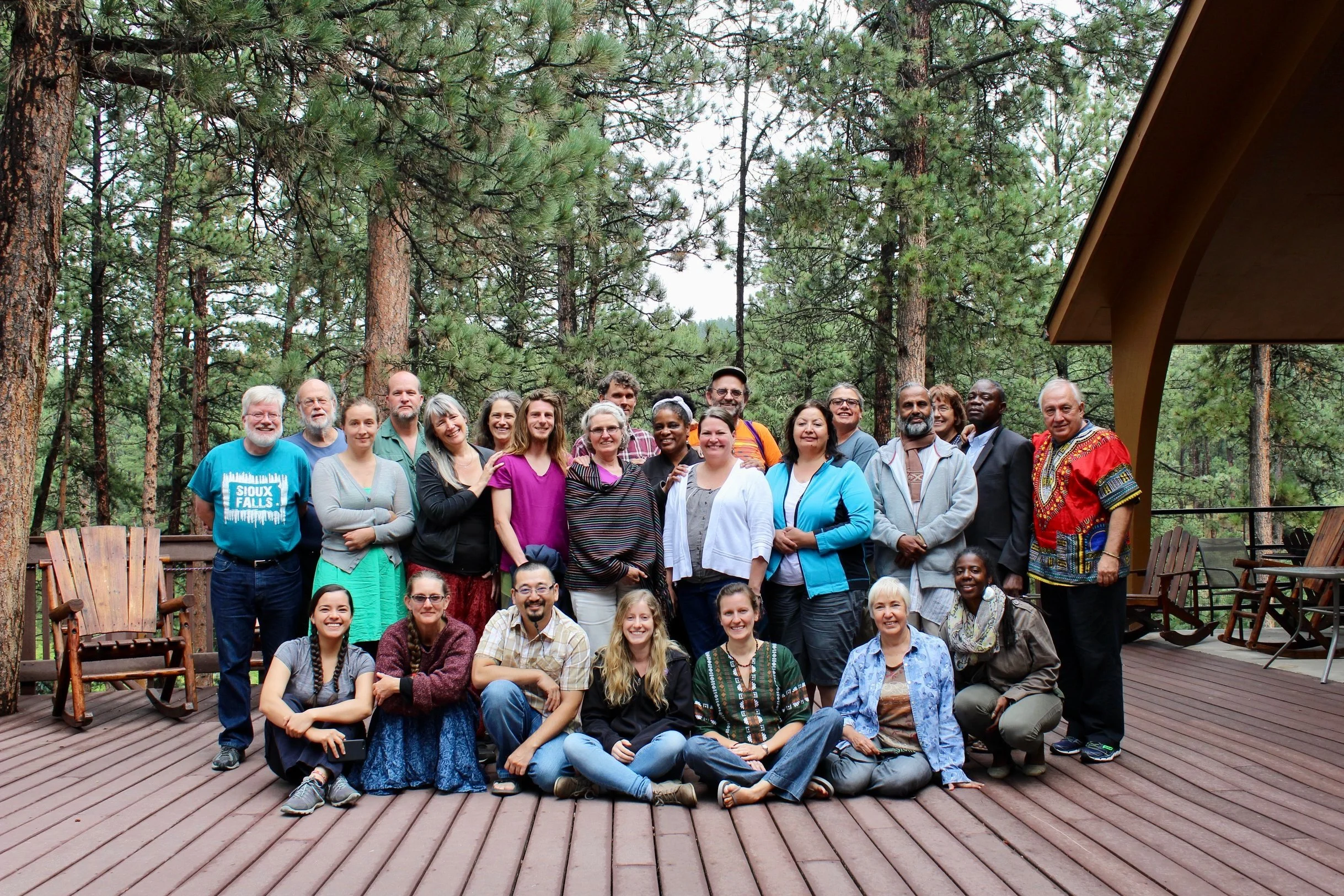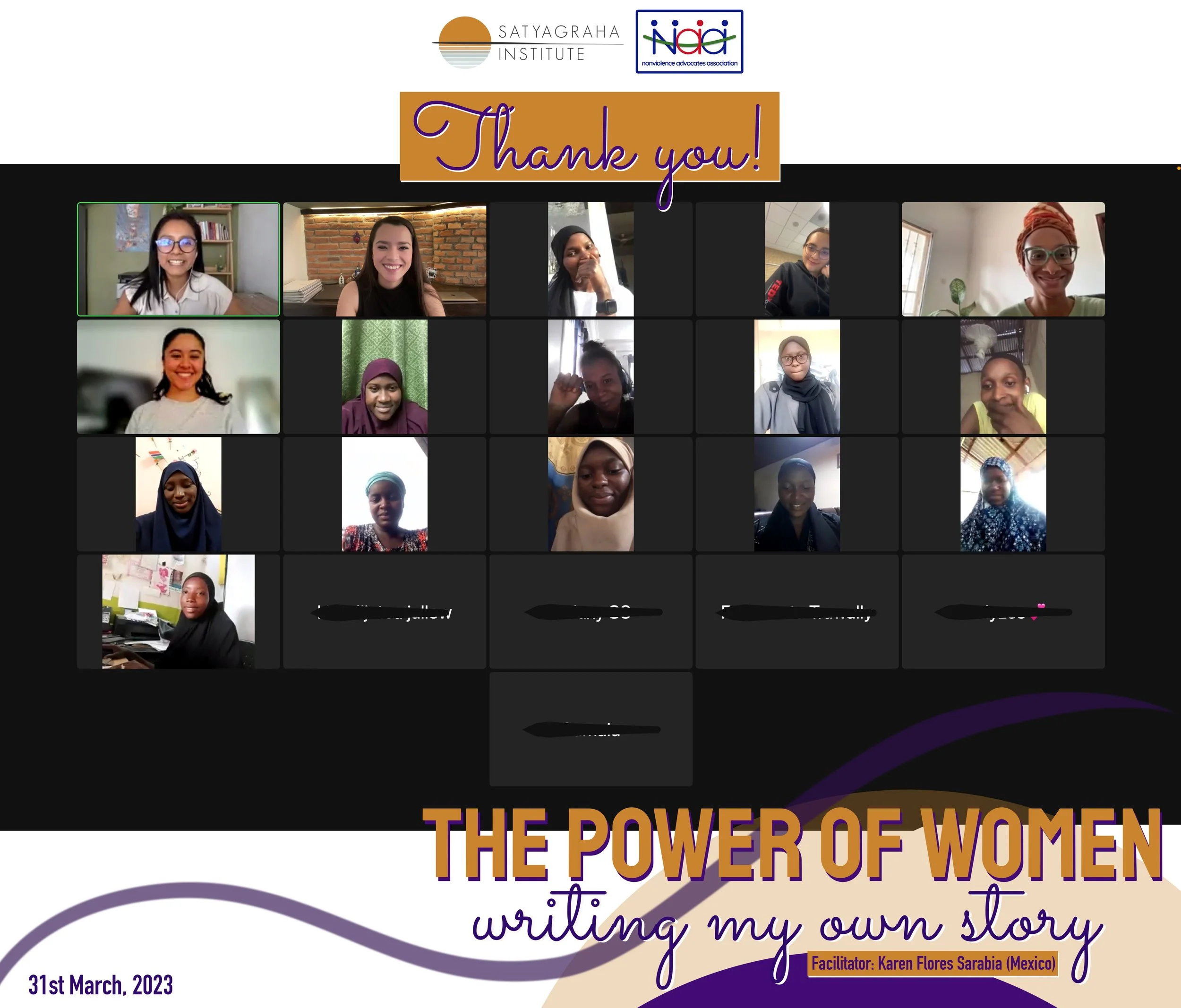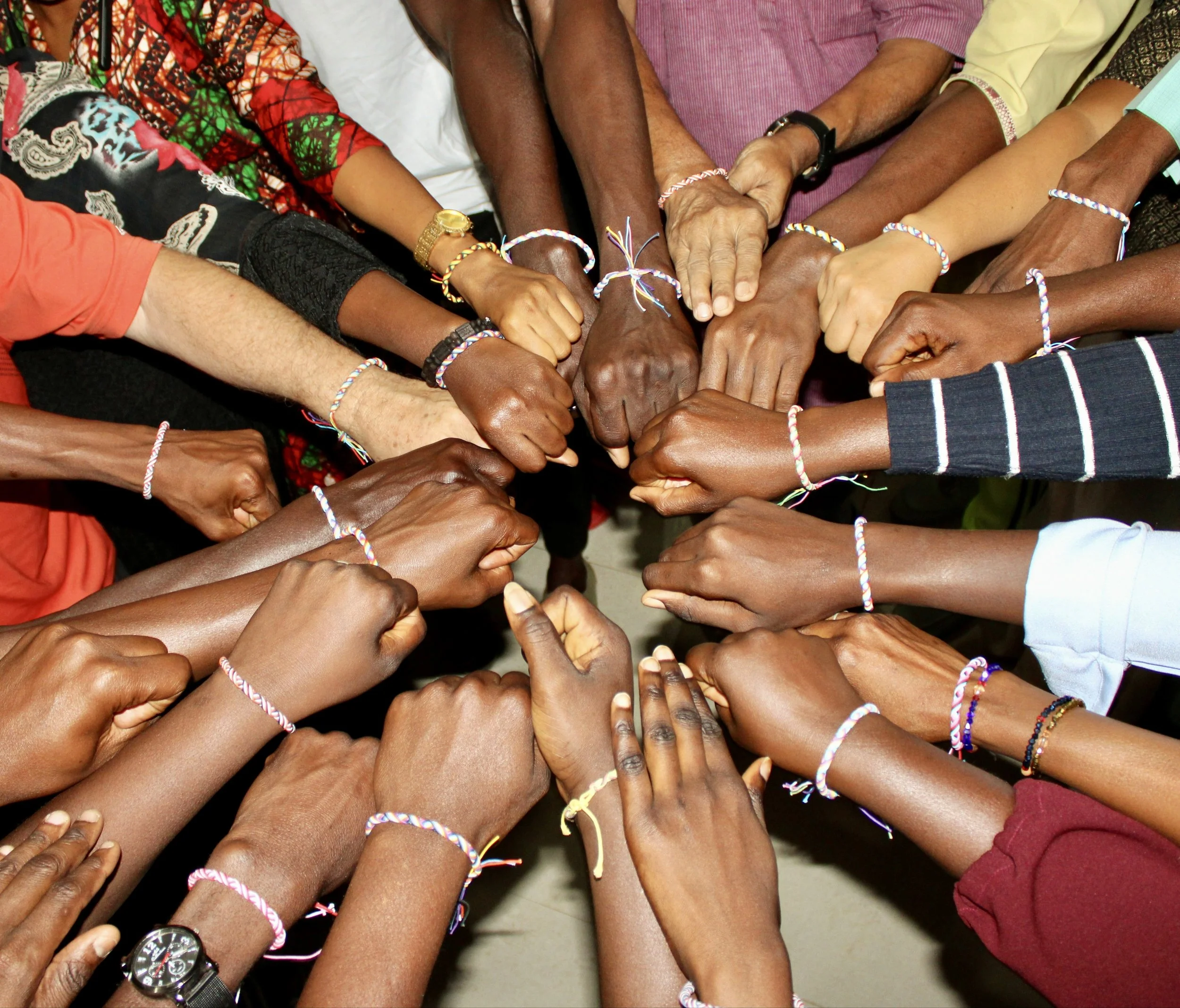equipping Leaders to Drive Nonviolent Social Change
Satyagraha is a way of directly engaging with others to transform inequality and oppression without resorting to coercion, harm or ill intention.
Satyagraha Institute works to promote the understanding and practice of satyagraha as a way of life and a method for social change.
Tailored workshops and impactful collaborations on Nonviolence and Peace
Our in-depth training on leadership for nonviolent social change
Continuous opportunities for leadership and skills development
Satyagraha is the social power which arises when we act with kindness, respect, patience, generosity, and selfless service.
The theme of our programs is learning how to create social change using the principles and tools of satyagraha. The learning experience will be rooted in four areas: a course of study, the arts, community life, and the inner life.
Mohandas Gandhi, who famously experimented with the possibilities of Nonviolence, coined the Sanskrit term satyagraha to identify a method of social change. Gandhi proposed that satya (truth) combined with agraha (firmness) creates a useful social power that does not rely on harming others. Gandhi often referred to this power as “soul-force.”
core curriculum
our goals
-
Our world suffers for lack of leaders rooted in the values of Nonviolence. When conflicts arise, many leaders teach us to wield threats, coercion, and harm. When unfamiliar perspectives disturb, many leaders rally us to certainty and defensiveness. When decisions must be made, many leaders encourage us to value self-interest, immediacy, and possession. As we follow these guides, the fabric of our community weakens, and life becomes more difficult for ourselves and others.
Our goal is to create a different future by training leaders in the traditions of Nonviolence.
-
Existing and upcoming leaders in our various communities have little opportunity to spend quality time with mentors in Nonviolence.
Our goal is to create a space where leaders can build relationships with mentors who are familiar with the knowledge, skills, and inner life associated with nonviolent social change.
-
Training in Nonviolence typically follows one of three valuable traditions: academic, activist and religious. These three traditions are all important. Taken independently, however, they each have their limitations. Without academic rigor, activists and religious adherents miss the benefits of critical analysis and historical insight. Without activist skill, academics and religious adherents lack the ability to convert understanding and vision into reality. And without attention to the inner life, academics and activists risk leaving out a potent catalyst for transforming relationships and communities.
Our goal is to provide a unique training opportunity by integrating the best of these three traditions, rooting our program in attention to scholarship, attention to strategy, and attention to the inner life.
How Satyagraha Institute drives change
-
In other words, a community will change only to the extent that its individual members change. To the degree that we, as individuals, shift toward the ways of Nonviolence, we create ripples which alter the nature of our relationships, communities, and nations. For this reason, we subscribe to the practice of being the change we want to see. The SI training provides time, space, and support for individuals to wrangle with the tools of Nonviolence and their assumptions about how social change works.
-
We believe in the dignity and potential of every human being, and these qualities are best nurtured by direct contact with others. The SI training provides guides who are experienced in the application of satyagraha. If we want to adopt new approaches to conflict, we need to spend quality time with those who can help us work through the difficult questions. Cell phones and computer interaction cannot match the power of studying, eating, talking, working, and relaxing with mentors.
-
Few of us can make quick and substantial changes for the better. We usually need years to test our options, understand the results, and gradually develop new habits. We also tend to need much encouragement along the way. The SI training provides a concrete opportunity to support this lifetime of development.







